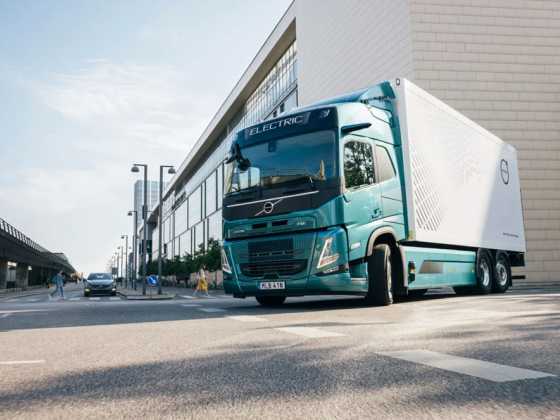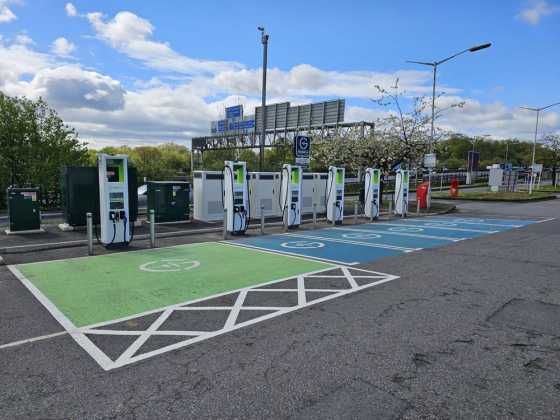BVRLA recommendations to improve air quality

The British Vehicle Rental and Leasing Association (BVRLA) has submitted its response to the recent government consultation on air quality outlining what the association wants to see incorporated into future government policy.
The association urges policymakers to consider a carefully blended set of incentives and restrictions which ensures that measures introduced do not cripple the economy or punish people, but encourage long-term behaviour change which moves people and businesses towards cleaner transport solutions.
In its submission, the BVRLA makes recommendations to ensure that the introduction of Clean Air Zones acts as a catalyst for innovative schemes such as Mobility Credits which would give people credits to use for occasional vehicle rental, hours of car club use and public transport.
The association also calls for improved fiscal incentives for the uptake of Ultra Low Emission Vehicles such as extending the current incentives for electric vehicles to cover not just the first owner of the vehicle, but subsequent owners too.
This is in addition to exploring the possibility of ‘green lanes’ on particularly congested and pollution generating routes in which only vehicles with low emissions could drive.
BVRLA chief executive, Gerry Keaney said “Clean Air Zones are coming to many of our largest urban areas and you only have to look at some of the recent local adverse reaction from the taxi community in Leeds to see they have the potential to significantly impact local people and businesses.
“We are calling for a carefully managed transition that encourages people and businesses to use more sustainable vehicles and modes of transport. Crucially, it must be done in a way that encourages people and businesses to make long-term changes in their behaviour. Hence our strong advocacy of our Mobility Credits initiative which will help remove thousands of the most polluting vehicles from the roads.
“If the government and local authorities get this wrong, public and business support will be lost, and the economy and people’s quality of life will suffer.
“The key to getting a quick and effective transition will lie in government’s ability to implement a practical and workable solution which considers fleet operating cycles as well as offering incentives and support to operators.”



